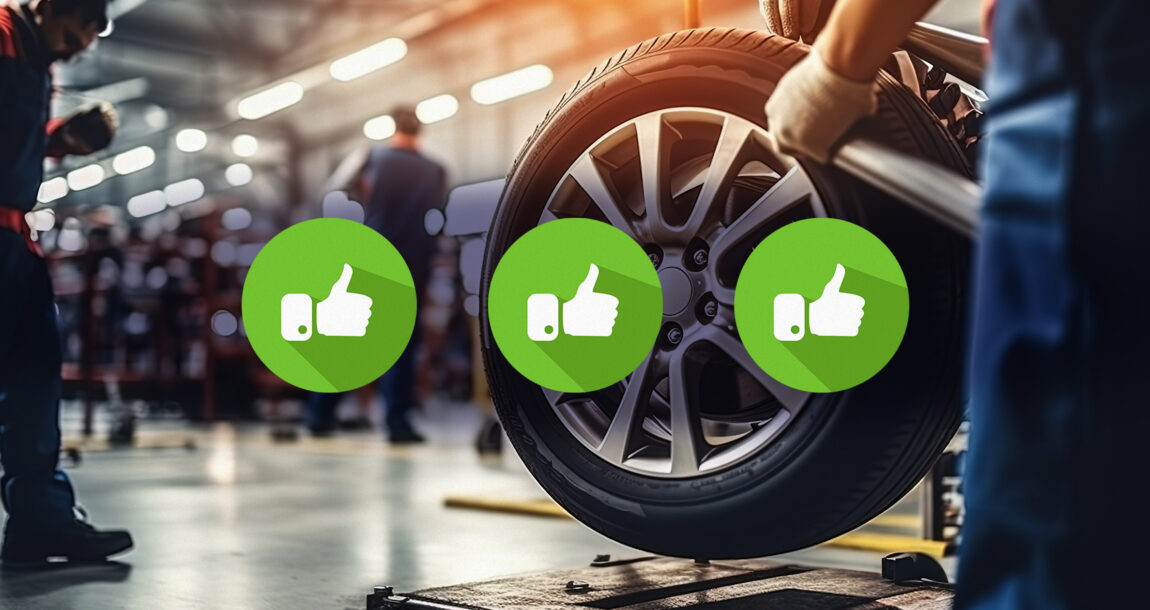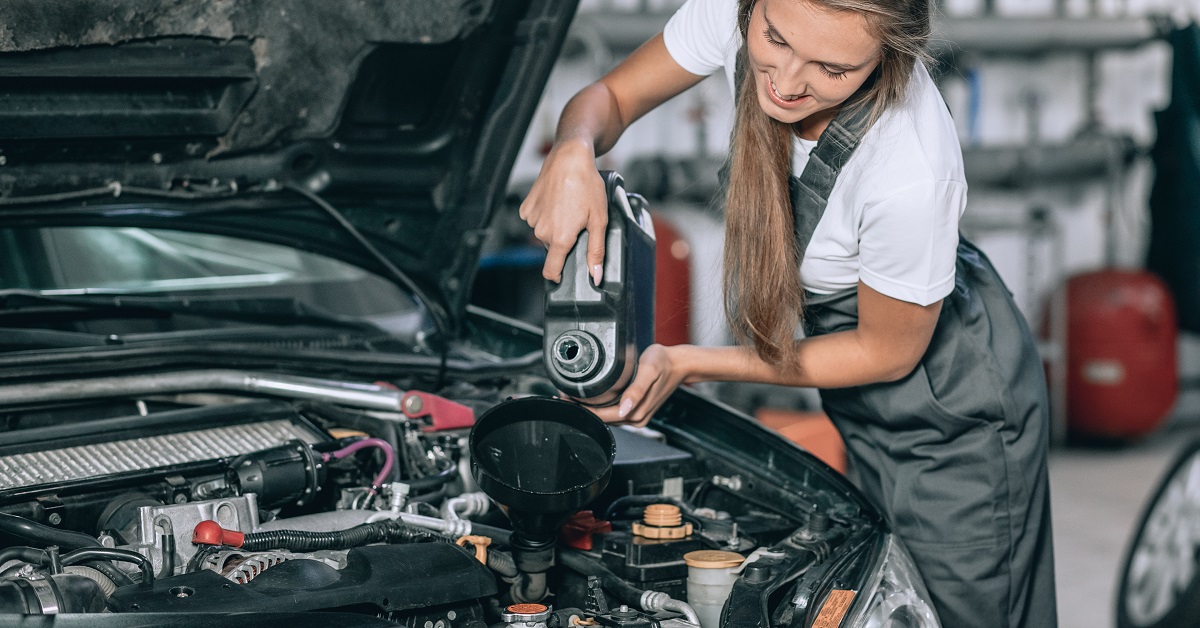All Categories
Featured
A car getting too hot can be a demanding scenario, especially if it occurs all of a sudden. High engine temperature levels can result in serious damage if not resolved promptly. Recognizing what to do when your car overheats and understanding how to stop it can save you from pricey repair services and ensure your safety and security when traveling.
![]()
If Your Auto Overheats,What to Do. Draw Over Securely. As soon as you discover signs of getting too hot-- such as vapor increasing from the hood, a spiking temperature level scale, or cautioning lights-- draw over to a safe location. Switch off the engine instantly to avoid more damages.
Transform Off the air conditioning and Switch On the Heating system. Turn off the air conditioning to decrease engine load and switch on the heating system if you're unable to pull over right away. This reroutes warm away from the engine and right into the cabin, which can assist reduce the engine temperature briefly.
Open Up the Hood (with Caution) Await the engine to cool prior to opening the hood. Opening it prematurely can expose you to hot heavy steam or hot fluids. Once it's risk-free, inspect the engine for noticeable indications of problem, such as leaking coolant or a damaged radiator tube.
Inspect the Coolant Degrees. If you have coolant or water in your automobile, include it to the tank or radiator once the engine has actually cooled. Avoid including chilly water to a hot radiator, as it can cause splitting.
![]()
Call for Aid. If you're unable to detect or settle the problem, get in touch with a tow vehicle or roadside assistance. Driving with an overheated engine can cause significant damages, such as a blown head gasket or deformed engine parts.
Exactly How to avoid Your Automobile from Overheating. Examine Coolant Degrees Frequently. Guarantee your lorry constantly has the appropriate amount of coolant. Reduced coolant degrees are just one of one of the most usual causes of getting too hot. Frequently evaluate the coolant storage tank and leading it off if required.
Examine Radiator and Hoses. Search for cracks, leaks, or loosened connections in the radiator and hose pipes. Change any kind of damaged components promptly to avoid coolant leaks.
Maintain Your Air Conditioning System. Flush and re-fill the air conditioning system as advised in your vehicle's proprietor handbook. In time, old coolant can shed its performance and stop working to protect the engine from overheating.
Monitor the Thermostat and Water Pump. A defective thermostat or water pump can disrupt the air conditioning system's function. Have actually these components inspected during routine upkeep to capture concerns early.
Avoid Overloading Your Lorry. Excessive weight places additional stress on the engine and cooling system. Maintain your tons within the manufacturer's advised limits.
Watch the Temperature Level Gauge. Take note of your temperature gauge, specifically during heat or when increasing high slopes. If the gauge starts to climb, take precautions such as minimizing speed or shutting off the a/c.
Conclusion. If you know what steps to take, dealing with an overheated car does not have to be overwhelming. Performing rapidly and safely can protect against additional damages to your engine. To lessen the danger of overheating, stay on top of routine maintenance, examine your air conditioning system, and drive properly. With appropriate care, you can maintain your engine running smoothly and prevent the aggravation of an overheated vehicle.

If Your Auto Overheats,What to Do. Draw Over Securely. As soon as you discover signs of getting too hot-- such as vapor increasing from the hood, a spiking temperature level scale, or cautioning lights-- draw over to a safe location. Switch off the engine instantly to avoid more damages.
Transform Off the air conditioning and Switch On the Heating system. Turn off the air conditioning to decrease engine load and switch on the heating system if you're unable to pull over right away. This reroutes warm away from the engine and right into the cabin, which can assist reduce the engine temperature briefly.
Open Up the Hood (with Caution) Await the engine to cool prior to opening the hood. Opening it prematurely can expose you to hot heavy steam or hot fluids. Once it's risk-free, inspect the engine for noticeable indications of problem, such as leaking coolant or a damaged radiator tube.
Inspect the Coolant Degrees. If you have coolant or water in your automobile, include it to the tank or radiator once the engine has actually cooled. Avoid including chilly water to a hot radiator, as it can cause splitting.

Call for Aid. If you're unable to detect or settle the problem, get in touch with a tow vehicle or roadside assistance. Driving with an overheated engine can cause significant damages, such as a blown head gasket or deformed engine parts.
Exactly How to avoid Your Automobile from Overheating. Examine Coolant Degrees Frequently. Guarantee your lorry constantly has the appropriate amount of coolant. Reduced coolant degrees are just one of one of the most usual causes of getting too hot. Frequently evaluate the coolant storage tank and leading it off if required.
Examine Radiator and Hoses. Search for cracks, leaks, or loosened connections in the radiator and hose pipes. Change any kind of damaged components promptly to avoid coolant leaks.
Maintain Your Air Conditioning System. Flush and re-fill the air conditioning system as advised in your vehicle's proprietor handbook. In time, old coolant can shed its performance and stop working to protect the engine from overheating.
Monitor the Thermostat and Water Pump. A defective thermostat or water pump can disrupt the air conditioning system's function. Have actually these components inspected during routine upkeep to capture concerns early.
Avoid Overloading Your Lorry. Excessive weight places additional stress on the engine and cooling system. Maintain your tons within the manufacturer's advised limits.
Watch the Temperature Level Gauge. Take note of your temperature gauge, specifically during heat or when increasing high slopes. If the gauge starts to climb, take precautions such as minimizing speed or shutting off the a/c.
Conclusion. If you know what steps to take, dealing with an overheated car does not have to be overwhelming. Performing rapidly and safely can protect against additional damages to your engine. To lessen the danger of overheating, stay on top of routine maintenance, examine your air conditioning system, and drive properly. With appropriate care, you can maintain your engine running smoothly and prevent the aggravation of an overheated vehicle.
Latest Posts
Tinley Park’s Roofing Professionals - A-Abel Roofing
Published Jan 08, 25
1 min read
Scientific Research Door Positioning
Published Jan 08, 25
0 min read
Personalized Access Doors Curb Charm
Published Jan 07, 25
0 min read